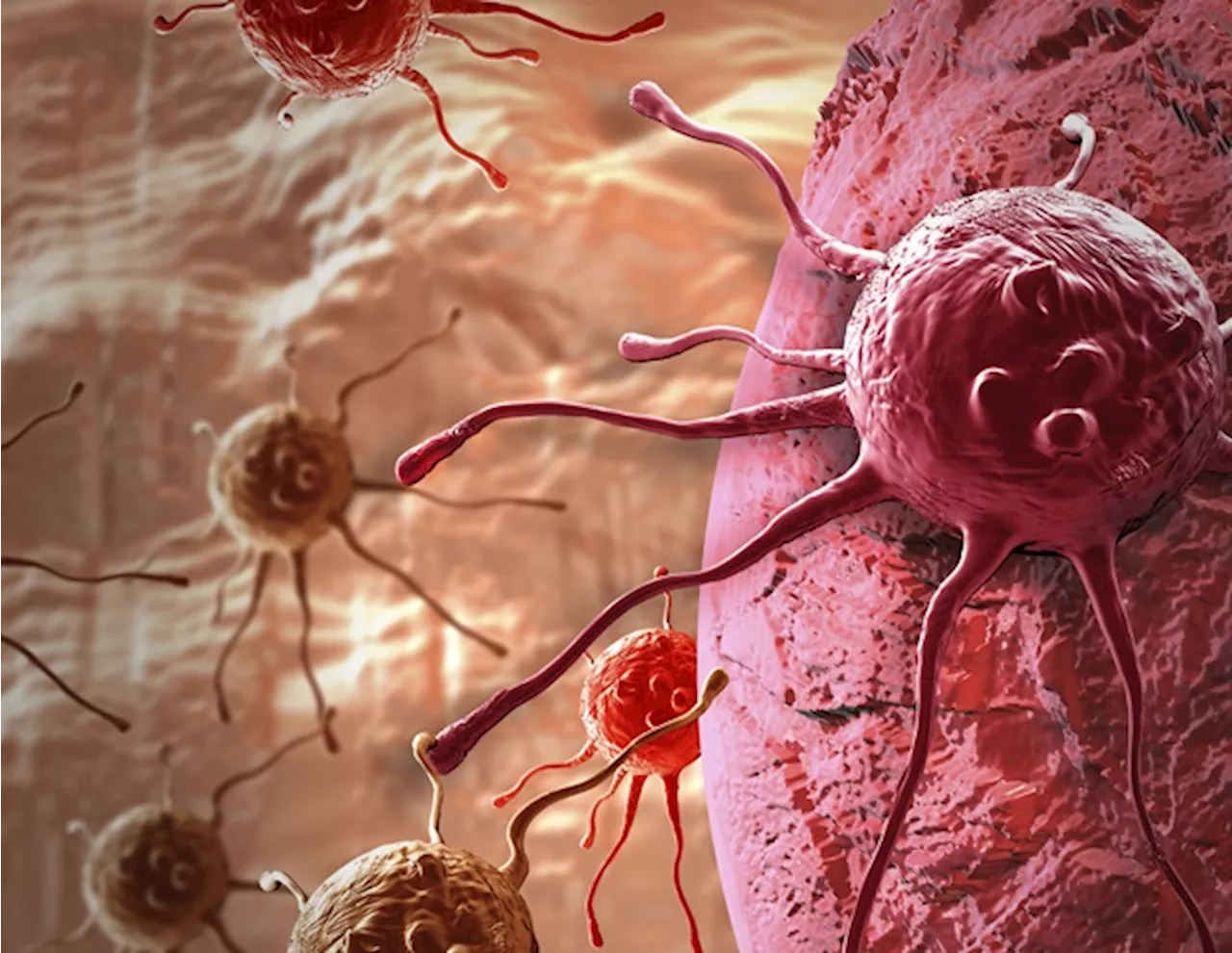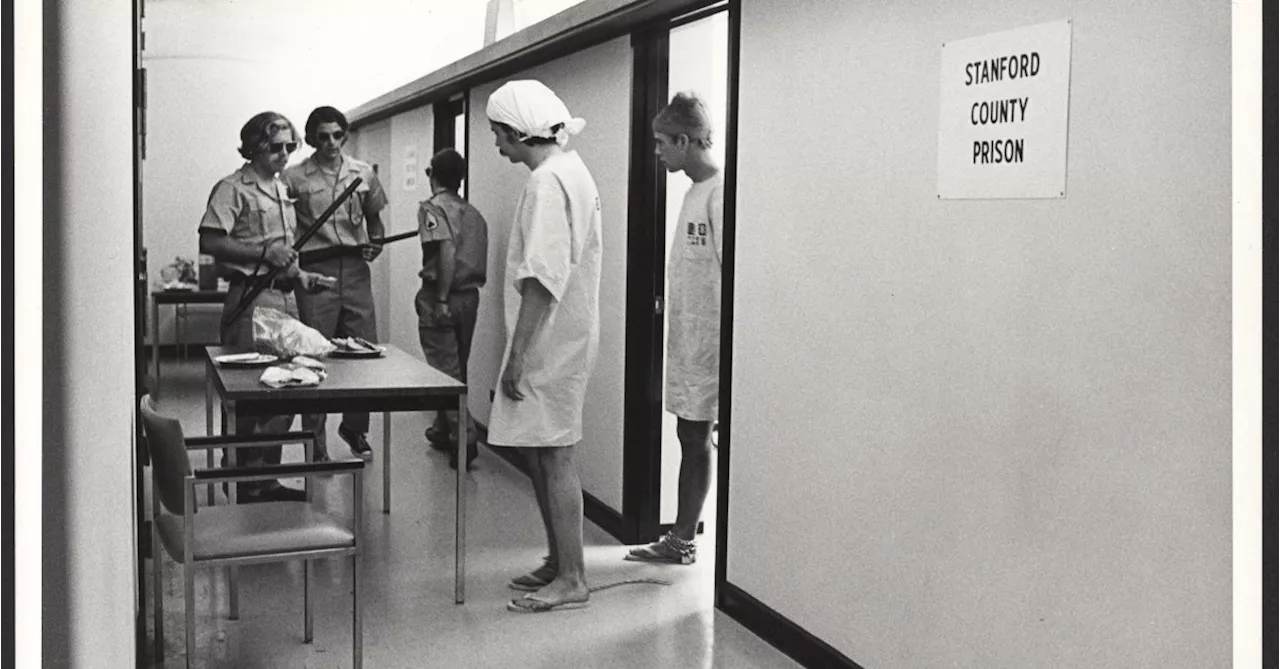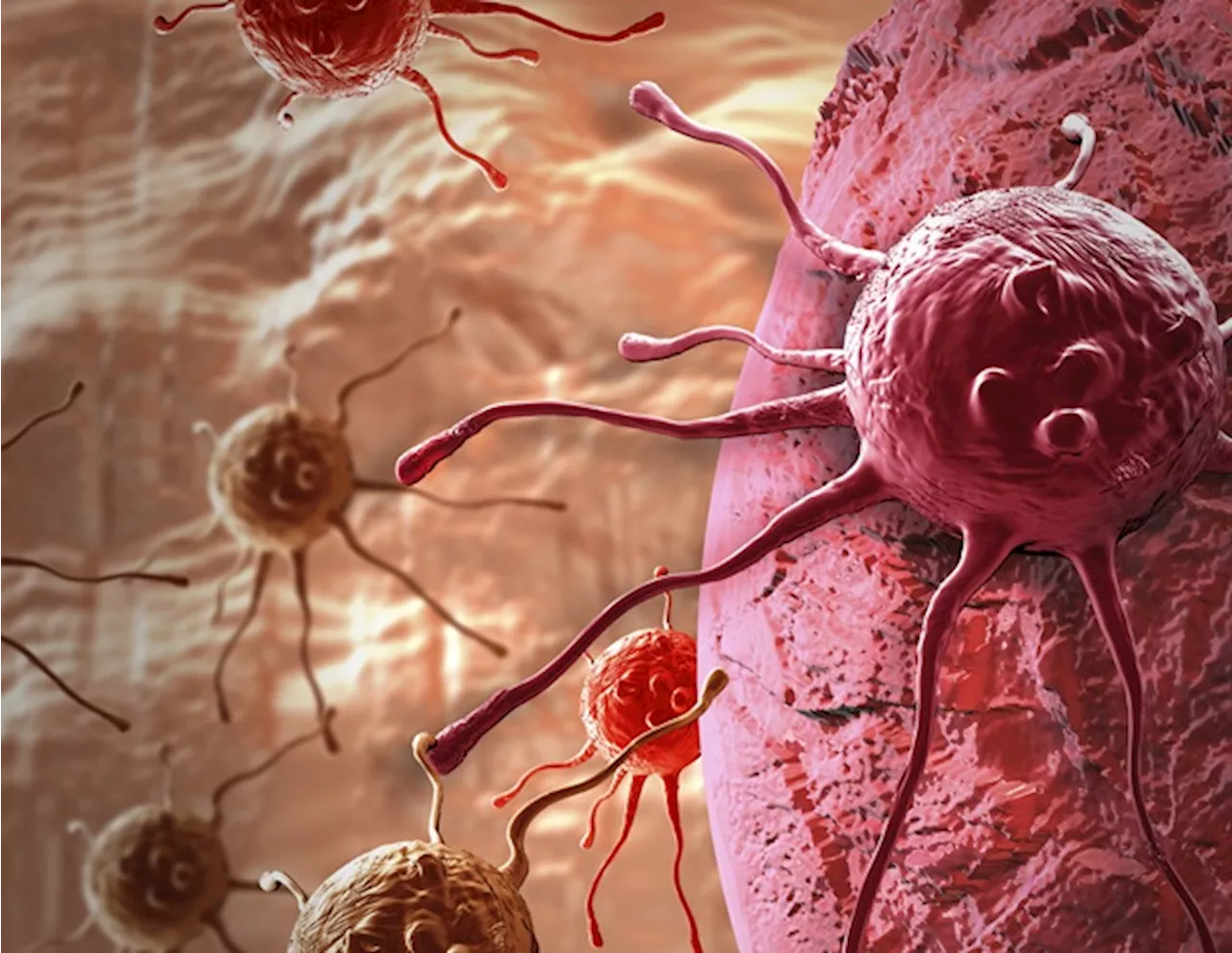Our bodies divest themselves of 60 billion cells every day through a natural process of cell culling and turnover called apoptosis.
Stanford Medicine Nov 27 2024
The idea came to Gerald Crabtree, MD, a professor of development biology, during a pandemic stroll through the forests of Kings Mountain, west of Palo Alto, California. As he walked, Crabtree, a longtime cancer biologist, was thinking about major milestones in biology. Traditional treatments for cancer -; namely chemotherapy and radiation -; often kill large numbers of healthy cells alongside the cancerous ones. To harness cells' natural and highly specific self-destruction abilities, the team developed a kind of molecular glue that sticks together two proteins that normally would have nothing to do with one another.One of these proteins, BCL6, when mutated, drives the blood cancer known as diffuse large cell B-cell lymphoma.
This approach -; switching something on that is off in cancer cells -; stands in contrast to many other kinds of targeted cancer therapies that inhibit specific drivers of cancer, switching off something that is normally on. Because the technique relies on the cells' natural supply of BCL6 and CDK9 proteins, it seems to be very specific for the lymphoma cells -; the BCL6 protein is found only in this kind of lymphoma cell and in one specific kind of B cell. The researchers tested the molecule in 859 different kinds of cancer cells in the lab; the chimeric compound killed only diffuse large cell B-cell lymphoma cells.
Apoptosis Blood Cell Cell Death Compound Genes Lymphoma Medicine Molecule OCT Oncogene Pandemic Protein Research Tumor
United Kingdom Latest News, United Kingdom Headlines
Similar News:You can also read news stories similar to this one that we have collected from other news sources.
 Stanford researchers unveil the key role of extrachromosomal DNA in cancerA trio of research papers from Stanford Medicine researchers and their international collaborators transforms scientists' understanding of how small DNA circles -; until recently dismissed as inconsequential -; are major drivers of many types of human cancers.
Stanford researchers unveil the key role of extrachromosomal DNA in cancerA trio of research papers from Stanford Medicine researchers and their international collaborators transforms scientists' understanding of how small DNA circles -; until recently dismissed as inconsequential -; are major drivers of many types of human cancers.
Read more »
 Everything You Know About the Stanford Prison Experiment Is WrongA new docuseries challenges half a century's worth of received wisdom about the influential social psychology study.
Everything You Know About the Stanford Prison Experiment Is WrongA new docuseries challenges half a century's worth of received wisdom about the influential social psychology study.
Read more »
 Ex-execs go back to universityHarvard, Stanford and Notre Dame offer those in their early sixties a chance to find a social purpose
Ex-execs go back to universityHarvard, Stanford and Notre Dame offer those in their early sixties a chance to find a social purpose
Read more »
 Study reveals AI's potential and pitfalls in medical diagnosisPublished in JAMA Network Open, a collaborative team of researchers from the University of Minnesota Medical School, Stanford University, Beth Israel Deaconess Medical Center and the University of Virginia studied how well doctors used GPT-4 -; an artificial intelligence (AI) large language model system -; for diagnosing patients.
Study reveals AI's potential and pitfalls in medical diagnosisPublished in JAMA Network Open, a collaborative team of researchers from the University of Minnesota Medical School, Stanford University, Beth Israel Deaconess Medical Center and the University of Virginia studied how well doctors used GPT-4 -; an artificial intelligence (AI) large language model system -; for diagnosing patients.
Read more »
 Prince George handed special sports tip that his school classmates loveFormer British triathlon star, Non Stanford, told how William gushed about George's new love for sports as she was made a Member of the Order of the British Empire at Windsor Castle
Prince George handed special sports tip that his school classmates loveFormer British triathlon star, Non Stanford, told how William gushed about George's new love for sports as she was made a Member of the Order of the British Empire at Windsor Castle
Read more »
 Novel compound BHB-Phe could offer new approach to weight lossResearchers at Baylor College of Medicine, Stanford University School of Medicine and collaborating institutions report in the journal Cell the discovery of BHB-Phe, a novel compound produced by the body that regulates appetite and body weight through interactions with neurons in the brain.
Novel compound BHB-Phe could offer new approach to weight lossResearchers at Baylor College of Medicine, Stanford University School of Medicine and collaborating institutions report in the journal Cell the discovery of BHB-Phe, a novel compound produced by the body that regulates appetite and body weight through interactions with neurons in the brain.
Read more »
